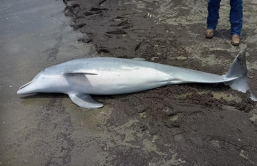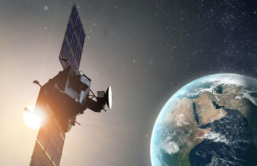Novartis employees reportedly violated clinical protocol by transferring data from research institutes to University of Tokyo Hospital for analysis. "It was inappropriate for [medical representatives] from our company to receive the surveys from doctors at medical institutions and we are regretful," Novartis said in a statement.
Novartis did not state the number of results transferred and if this event defied compliance. The Swiss drug company also said that their Japanese unit was supposed to be aware of the policies as they have undergone protocol trainings.
According to the Wall Street Journal, the compromised data is from a study of 55 patients which evaluated if there were fewer side effects from Tasigna with chronic myelocytic leukemia as compared to Novartis own cancer drug Gleevec (imatinib). This was also compared to Bristol-Myers Squibb (dasatinib).
The results of the study were to be sent directly from the research institute to the hospital for analysis via fax without the Novartis employees' involvement. But the hospital stated that 133 of 255 test surveys were sent by methods otherwise which meant Novartis employees could have inappropriately handled more than half of the results. According to a spokesman for the hospital, most of the results that could have been handled by the employees have been rechecked and that there was no evidence of data manipulation found.
Japan's health ministry has filed a request for a criminal investigation into Novartis earlier this month. The said company has allegedly used flawed data from a retracted study in 2007 in promoting the cardiovascular therapy Diovan (valsartan). The drug company has also subsequently stated that one of their former employees participated in the post marketing studies of the drug without their knowledge. The investigation ruled that the company did not manipulate any data.
Critics have varying opinions about this data manipulation scandal; the Kyoto Prefectural University of Medicine believes that data manipulation was highly probable while Nagoya University found no evidence.








